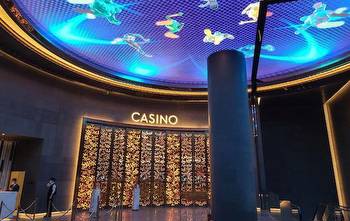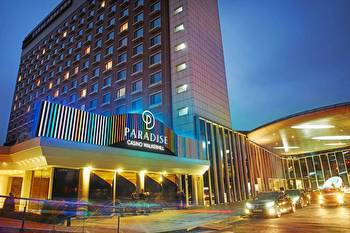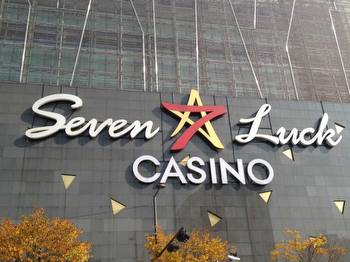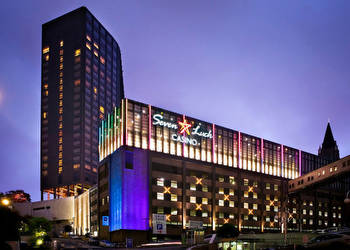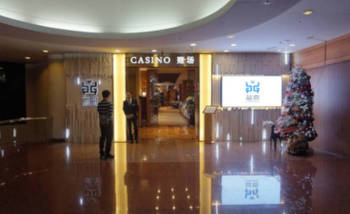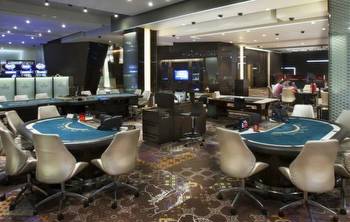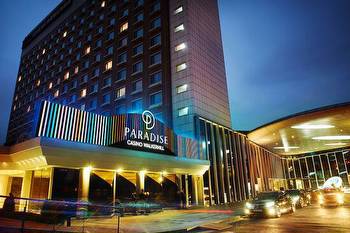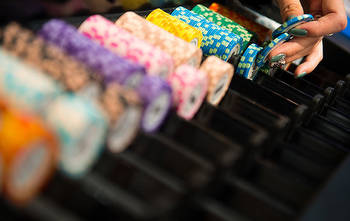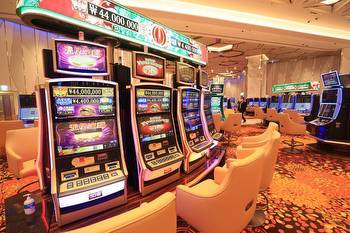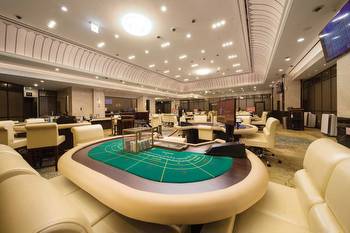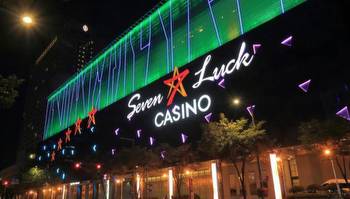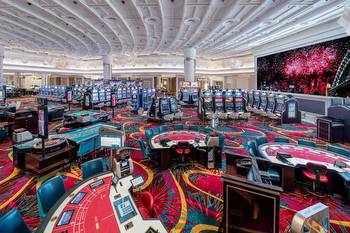Remote bets, blockchain can aid Jeju casinos: scholars

Jeju island, a semi-autonomous region of South Korea, with its own regulatory system for its foreigner-only casinos, should consider permitting casino-based remote gambling and blockchain technology for casino gambling transactions, to help the sector recover from the Covid-19 pandemic, said respectively several speakers at a Thursday discussion session.
The Jeju International Casino Policy Forum was held online and offline by Jeju Special Self-Governing Province, via a physical base at Grand Hyatt Jeju in the Jeju Dream Tower casino resort, on the island.
Bong Mi Hee, a professor at the Integrated Resort Tourism Research Centre at Inha Technical College, based in the South Korean capital Seoul, said remote gambling, paid for either by cryptocurrency or credit card, should be considered as a business model for Jeju casinos.
That was a reference to gambling done via in-casino games, by people not physically present in the casino.
In October, a national lawmaker suggested the whole country’s foreigner-only casinos should be permitted to offer remote gambling to overseas customers, to help the market recover amid inbound travel restrictions.
In Thursday’s Jeju forum, academic Ms Bong mentioned “Bitcoin” specifically as a suitable digital payment token for blockchain-based transactions linked to remote gambling, due to consumer awareness of the digital currency brand. Such payment could be transacted either via a licensed online casino website, or a cryptocurrency-sector “brokerage website”, she said.
The academic added that cryptocurrency’s transaction transparency was a merit. That payment route also had demerits, such as difficulties tracing money flow because of the potential for anonymity when paying for services via cryptocurrency. The risk of money laundering was also an issue.
Another forum speaker, Seo Wonseok, a professor at the Integrated Resort Tourism Research Centre at Kyung Hee University, also in Seoul, suggested casino gambling payment could be done via a number of innovative routes.
They were: either via blockchain; via Jeju’s own existing debit card and gift card system denominated in Korean won, and known as “Tamnaneunjeon”; or by Jeju developing a localised form of cryptocurrency.
Professor Seo also suggested a current rule – whereby Jeju casinos can only be housed in five-star hotels – should be relaxed, to help boost the Jeju casino sector.
The academic said the requirement for five-star hotel-casinos were more suited to a more easily-accessible market, such as Greater Seoul.
Currently three out of Jeju’s eight in-commission foreigner-only casinos are operating; Jeju Dream Tower, run by Lotte Tour Development Co Ltd, Paradise Casino Jeju Grand, run by Paradise Co Ltd, and Landing Casino, run by a unit of Hong Kong-listed Landing International Development Ltd.
Jeju’s eight casinos generated in 2020 combined sales of KRW69.3 billion (US$58.7 million), according to data from South Korea’s Ministry of Culture, Sports and Tourism. That was a decline of 63.6 percent year-on-year, on the KRW 190.3 billion recorded in 2019.
In 2020, Jeju casinos received 166,873 visits, down 54.8 percent year-on-year, on the 369,409 visits in full-year 2019.










